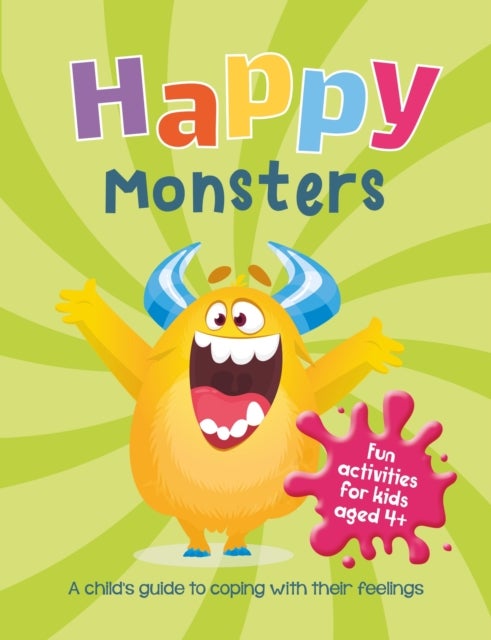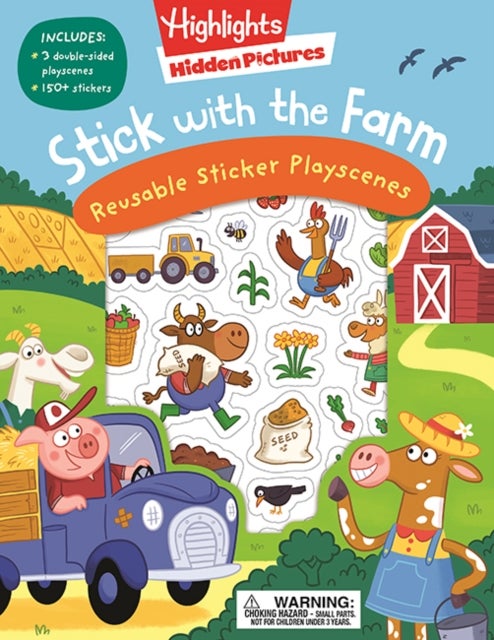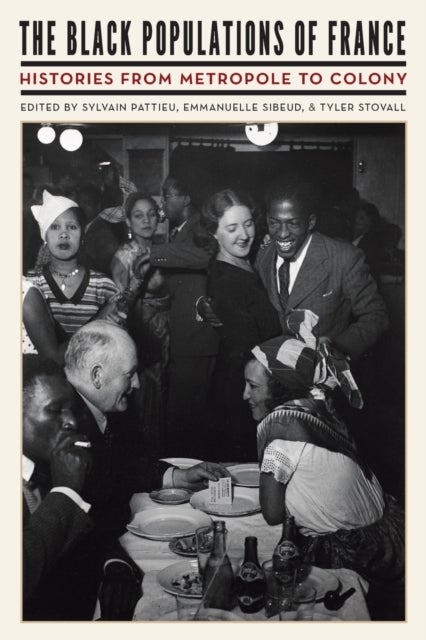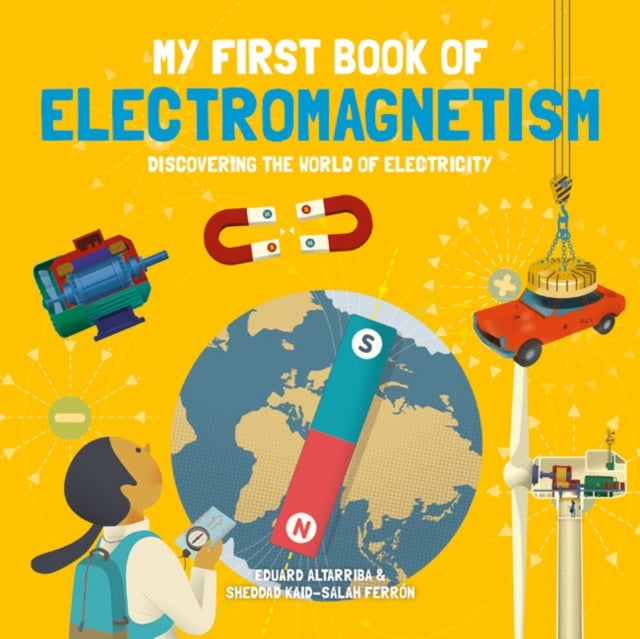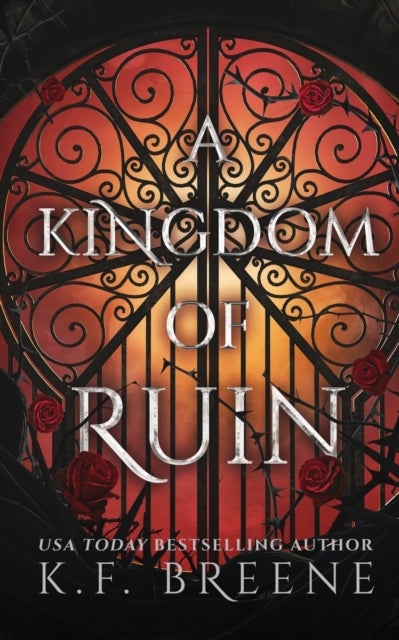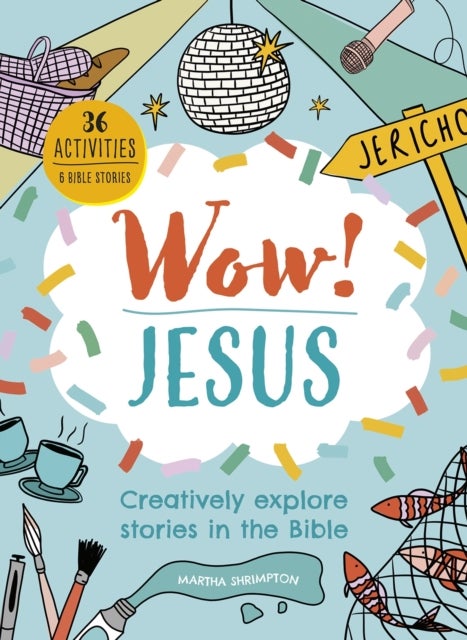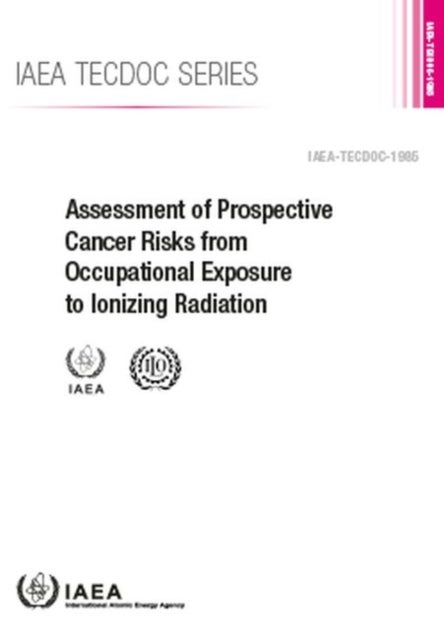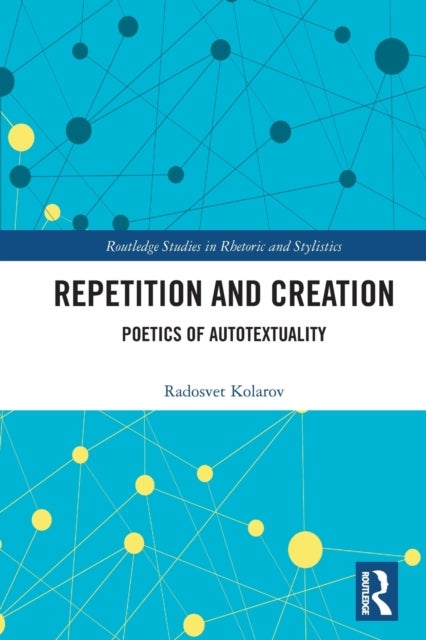
Repetition and Creation av Radosvet Kolarov
499,-
<P>This book advances the notion of autotextuality, the dialogue between works in an author¿s oeuvre, and the ways in which new texts are created in self-repetition through the tracing and revisiting of past texts and the subsequent uncovering of undisclosed meanings, unexhausted constructive principles, and alternative versions.</P><P>Kolarov draws on cognitive models, such as dual coding theory and conceptual blending, to substantiate a theory of autotextuality and build on previous work on self-repetition and difference to highlight the notion of ¿discursive desire,¿ in which new meanings are generated through repetition, and its distinct relationship to creativity. Drawing on analyses of well-established works in Bulgarian as well as the established oeuvres of such authors as Gogol, Dostoevsky, Kafka, and Baudelaire, the volume explores key themes in autotextuality such as the functions of creative memory, the connections between word and image, and the hermeneutic relationships an

